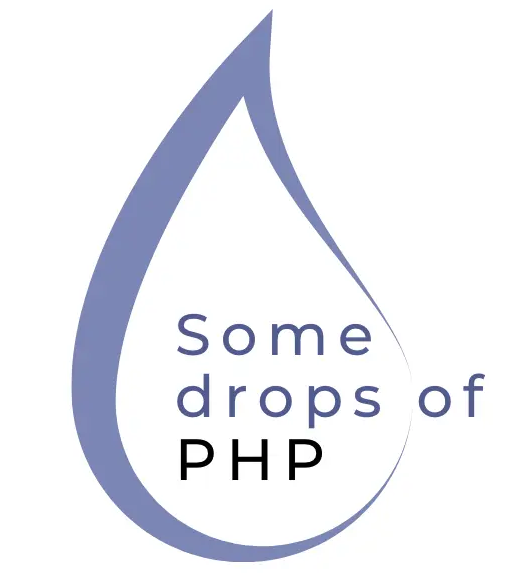Array to string
With PHP you can convert an array into a string.
To do that we have the implode() function and for historical and retro-compatibility reasons we have also the join() function. The join() function is an alias for implode(). So from the developer perspective, there are no differences in terms of result calling implode() or calling join().
A string from an array: implode() and/or join()
If you need to create a string starting from an array you can use the implode() (or join()) function.
For example:
- you have an array
["a", "b" , "c"]and you want to obtain"abc"; - you have an array
["a", "b" , "c"]and you want to obtain"a-b-c"(with ”-” as the separator); Theimplode()(orjoin()) function concatenates each element of the array using the string separator. The elements may be string, character, number, or boolean. The separator may be a string (or just one character).
If you have an array of characters and you want to obtain a string with ”-” as the separator:
$string = implode("-", ["a", "b", "c"]); // "a-b-c"You can also use a longer string as the separator:
$string = implode("--", ["aa", "bb", "cc"]); // "aa--bb--cc"If you have an array of strings and you want to obtain a string with ” ” as the separator:
$string = implode(" ", ["How", "are", "you", "?"]); // "How are you ?"You can join not just strings but numbers and booleans as well:
$string = implode("_", ["a", 1, true]); // "a_1_1"You can omit the separator to concatenate the elements of the array, the returned string is a string with the array elements concatenated with no separator character:
$string = implode(["a", "b", "c"]); // "abc"